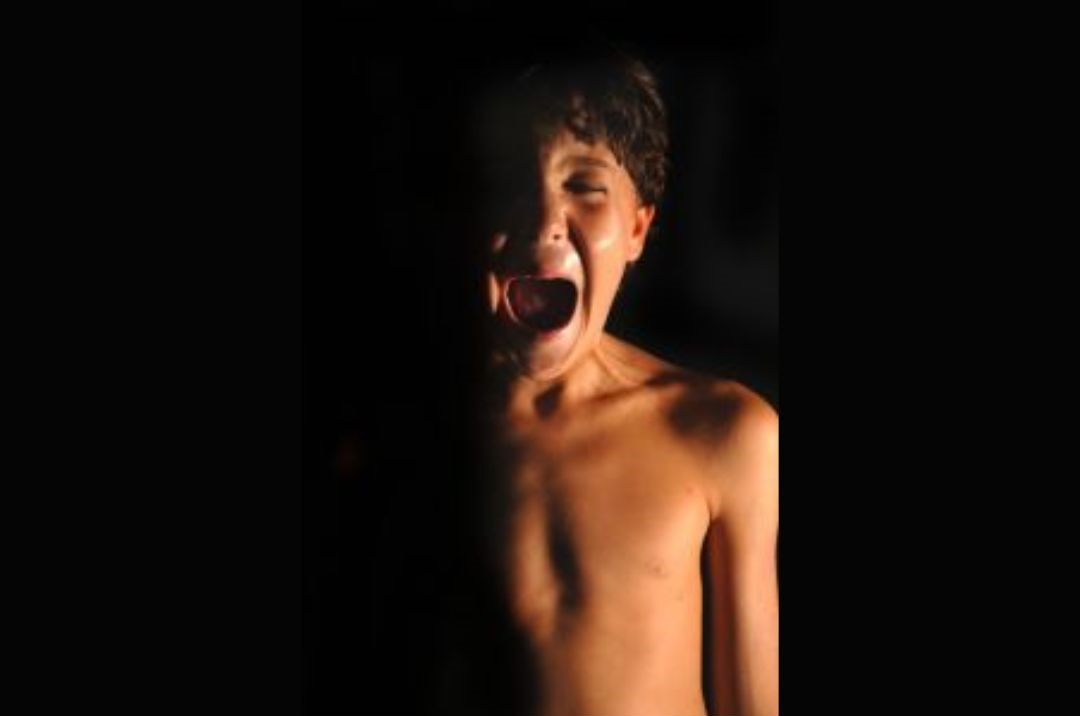How to Minimize Sensory Overload for Your Child

Sensory overload’s been around much longer than it’s present moniker. We used to call babies with sensory sensitivities “fussy.” Sensory sensitive young children were called “belligerent.” Or “stubborn.” Or “difficult.” But in truth, they were trying to cope with the sounds, textures, bright lights, and experiences bombarding their overly sensitive nervous systems.
Brain Balance Achievement Centers and Sensory Processing Disorders
An article published at Brain Balance Achievement Centers’ website says this about sensory sensitivities:
Extreme sensitivity to noise, crowds, touch, textures, bright lights, bothersome clothing, and new experiences are often so overwhelming for kids with sensory problems that it can run their lives and the lives of their parents. When symptoms are severe enough to interfere with daily functioning, it is often referred to as Sensory Processing Disorder (SPD) and can be co-morbid with anxiety disorders and Autism Spectrum Disorders.
Four Ways to Help Minimize Sensory Overload
I don’t know much about the Brain Balance Achievement Center approach other than what’s written at their website. But the four strategies outlined in the article sound sensible and doable, so here they are:
- Earn their trust.
- Manage sensory exposure.
- Schedule silence.
- Seek professional help.
To flesh out each of the four points, check out the article Minimizing Sensory Overload in Kids with Special Needs at the Brain Balance website.
Your Sensory Overload Strategies
Do you have a child with sensory issues? Do you teach kids who struggle with sensory overload? What do you think of the suggestions in the article? What would you add to them? Your ideas are most welcome, so leave a comment if you like!
Do you like what you see at DifferentDream.com? You can receive more great content by subscribing to the quarterly Different Dream newsletter and signing up for the daily RSS feed delivered to your email inbox. You can sign up for the first in the pop-up box and the second at the bottom of this page.
By Jolene
Jolene Philo is the author of several books for the caregiving community. She speaks at parenting and special needs conferences around the country. Sharing Love Abundantly with Special Needs Families: The 5 Love Languages® for Parents Raising Children with Disabilities, which she co-authored with Dr. Gary Chapman, was released in August of 2019 and is available at local bookstores, their bookstore website, and Amazon. See Jane Dig!, the fourth book in the West River cozy mystery series, which features characters affected by disability, was released in October of 2024.
4 Comments
Submit a Comment
Subscribe for Updates from Jolene
Related Posts
Experiencing Post-Traumatic Growth while Raising a Child with Disabilities
Jolene explains the benefits of experiencing post-traumatic growth while raising a child with disabilities.
Mending Broken Hearts
Guest blogger Kelly Denham explains how, in the midst of her grief, God proves He is in the business of mending broken hearts.
Special Needs Mom, How Are You Doing this Mother’s Day?
Jolene acknowledges the need to grieve as well as rejoice as she asks, “Special needs Mom, how are you doing this Mother’s Day?”






Hi Tasha,
Thanks for leaving a comment. Your family must keep you very busy! A good place to start is with your pediatrician. Ask for information about sensory sensitivity they might have and for referrals to therapists or experts. Another good place is Facebook. I searched for “sensory sensitivity” and found this group, along with many others: https://www.facebook.com/sensoryprocessingdisorderparentsupport?ref=ts&fref=ts
Also, try an online search of the term, and you should find lots of stuff. Best wishes and come back to share what you find!
Warmly,
Jolene
Hi! My just-turned-3 year old son definitely displays a degree of sensory processing disorder; hyper sensitive gag reflex, strong aversion to intense smells, fear of heights, reaction to loud or strange sounds, dislike of unusual materials, etc. I have a 1.5 year old son and a 4 month old son, and neither of them respond to sounds/smells, etc like my oldest. He is bright, sweet, energetic, and can focus well, but we HAVE had a tough time with his behavior at times, and I wonder how I can learn more about this disorder to be able to understand his responses better. Thank you!
Hi Kathryn,
Good for you for being on top of things and advocating for your son. He is blessed to have you.
What to do while you’re waiting to pinpoint what’s going on…if any of you have ideas, please chime in.
Does the teacher know he’s down on himself and thinking he’s dumb? If not, you need to meet with him/her in a non-confrontational way and explain how he feels. Keep the focus on what you can do to support the teacher’s efforts and on what she can do to encourage your son. Is there a school counselor? You may want to contact that person, too, and see if he or she has suggestions.
Another suggestion is to create more one on one experiences for your son outside of school so he has plenty of positives to counterbalance the difficult times. Maybe a mentor, a grandparent, a tutor, a friend, different family members doing one on ones.
You may also want to try some role playing about how to handle different school situations and practice in other settings.
Any other ideas out there?
Jolene
My son is about to turn 6. He is in kindergarten and we have been having issues with him being about to focus in school. He does beautifully at home or 1 on 1. He’s fidgetly, doesn’t understand personal space, always has to touch everything and seems like he gets tunnel vision and can’t focus on what your asking him to do. First there was question of possible ADHD now there thinking he might have sensory processing disorder. I am in the dark about this whole nerological disorder or how to help him to figure out what is wrong. I have seen pediatricians, audiology and mental health providers. But until we can pin point whats wrong, how can I keep him fuctioning? He keeps saying he’s dumb and has been really down on himself lately. He’s very smart, once he gets focused and wants to give you answer he’s always dead on but I feel like the school just thinks he’s a problem child. I am in need of some guidence!
Thank you!
Kathryn